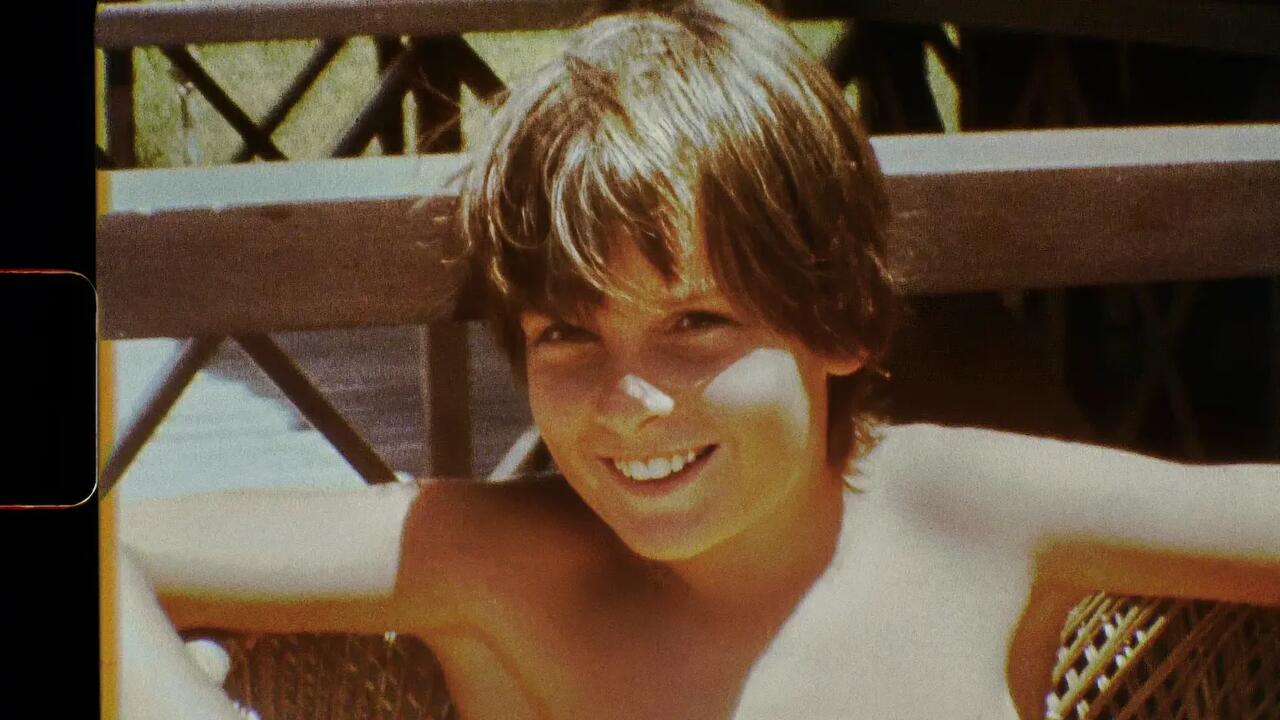
I sat down to watch 'aka Charlie Sheen,' expecting a cable-news-style trip through celebrity breakdown, but what I got was a deep dive into the man we only thought we knew, like opening a cabinet full of tabloids and finding pages that whisper, actually, there’s more here. I’m tossing in high-grade praise with a pinch of roast seasoning, think of it as a brunch that’s strong, satisfying, and not quite mainstream.
Watching Sheen recount his life, there’s a refreshingly bold tone: he’s not trying to rebrand himself as Mister Morality, but he's also not letting his past dictionary-defined chaos go unremarked. Nostalgic footage of him, Chris Penn, and Emilio Estevez messing around with Super 8 cameras feels spontaneous and golden—like he was born to entertain long before contracts and cash replaced childhood creativity. And yes, “Winning” originated in backyard pretend scenes long before it became a meme. That innocence contrasts devastatingly with the later chapters, packed with cocaine, escorts, and autopilot-off flights (literally, he claims he briefly “flew” a plane while blackout drunk), a cocktail so wild it’s basically its own horror show, and yet somehow, you can’t look away.
Then you get to the Hollywood gold-rush years, Platoon, and Wall Street. He blasts through awards, superstardom, and headliners like a meteor. But fame’s gravity clunks down just as fast: crack, unhinged meltdowns, Heidi Fleiss, a near-fatal overdose, and the infamous implosion of Two and a Half Men. The documentary doesn't dress these moments up; they’re jagged and live-wired, narrated by Sheen in a way that somehow balances candid humor and "Uh-oh, this is actually tragic" realism. Occasionally, though, I rolled my eyes because again with the “trainwreck” metaphor? We get it, Netflix. But Sheen delivers the line in such a disarming way that even cliché flinches feel earned.
Sheen has the kind of candor that feels almost disarming. He admits to paying $53,000 for male escorts during his darkest addiction, wild, raw, shame-free. He speaks about growing up in a nudist household (for like a month) and filming Super 8 movies with future legends. He revisits the moment Clint Eastwood called him during a fake birthday party intervention, gently telling him, “you’re worth saving,” a tremor-sharp pivot from aloof braggadocio to genuine vulnerability. He uses his daughter’s well-being as the reason to get sober. That, more than any celebrity memoir card, is the moment where the sheen of self-obsession cracks open to reveal something real. These scenes are not only brave, they’re strangely beautiful. They anchor the documentary’s emotional gravity.
Still, his remorse sometimes feels like it would benefit from being heavier—like an overdraft of reflection. The documentary touches on domestic violence, HIV exposure, and parental neglect, yet it largely skirts deep accountability. Critics pointed out that the film “offers little new insight… Sheen shows little genuine remorse or deep introspection about the harm caused,” and that criticism rings true; the charm and warmth sometimes cushion the blow of his own recklessness. I wanted more muscle in that emotional lift and an unpacking of guilt beyond “I’m sad about that.” It’s one thing to own the screw-ups; it’s another to sit in them until they’re fully mapped out.
Forgiveness glints in unlikely places. Even Denise Richards, a woman whose history with Sheen is fraught, reunites with him for the red-carpet premiere, speaking candidly in the film. Their moment isn’t Hallmark happy, but it’s human. Jon Cryer, the man who endured eight years with Sheen on set, joins with dry humor and insight, like a friend cautiously leaning back into the fold. These reunions feel earned, messy, slightly awkward, and wholly necessary.
The doc spans nearly three hours, two parts that pack more highs, lows, and sideways tumbles than most life stories. By the end, though, the sheer length can feel unforgiving, like watching a trainwreck marathon. Roger Ebert’s site compared it to watching a trainwreck, after which a lone survivor crawls out, only for their train to derail all over again. That’s not wrong, but it’s also the documentary’s secret weapon: it refuses cleanup, refuses tidy narrative, and instead leaves you sitting in the wreckage with the person who caused it... and somehow survived to tell the tale, lucid though occasionally staggering.
Still, I’d have trimmed it tighten up Part Deux by twenty minutes. The weight of the descent is heavy enough; once you’ve felt sickened, lingering on the worst moments crosses from immersive to exhausting.
At its glowiest, aka Charlie Sheen, is like a confession booth crossed with a freak-show, filtered through the weird lens of Tabloid Hollywood. It’s cranky, jaw-dropping, sentimental, and uncomfortably funny. It’s hard to watch and harder to turn off.
Sheen’s journey from Malibu kid to headline fixture to sober but still fraying man is so flagrantly human, it’s hard not to root for him even when he’s railing about how shame is suffocating then calling it someone’s Death-Star-and-North-Star-at-once. That line so bonkers, yet glimmering with awareness conjures the paradox at the heart of both man and documentary: beautiful, messed-up, trying.
In the end, aka Charlie Sheen doesn’t offer redemption so much as it offers a survivor’s souvenirs, raw anecdotes, blurred regrets, and vignettes of love and dysfunction. It’s not inspiring in a polished way. It’s inspiring in how brutally honest it dares to be. Sheen didn’t just invite us in; he let the lights back on in the living room, so we could see the mess, the memories, and maybe a light flickering in the corner that says, “I’m still here.”
Final Score- [8/10]
Reviewed by - Anjali Sharma
Follow @AnjaliS54769166 on Twitter
Publisher at Midgard Times
Get all latest content delivered to your email a few times a month.
Bringing Pop Culture News from Every Realm, Get All the Latest Movie, TV News, Reviews & Trailers
Got Any questions? Drop an email to [email protected]